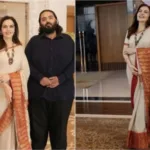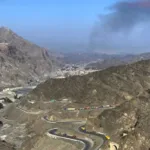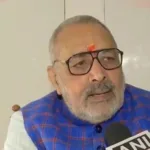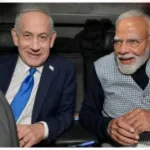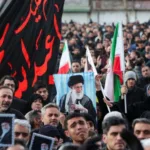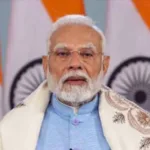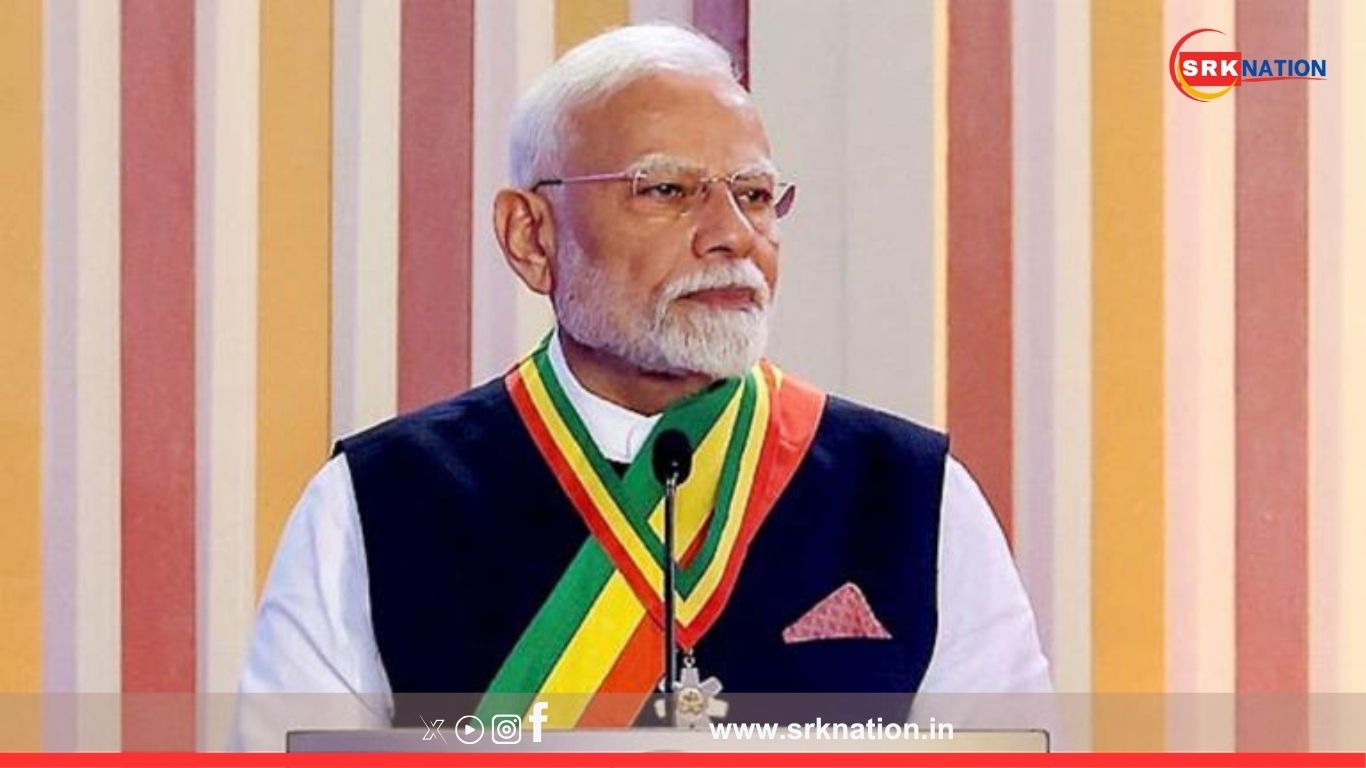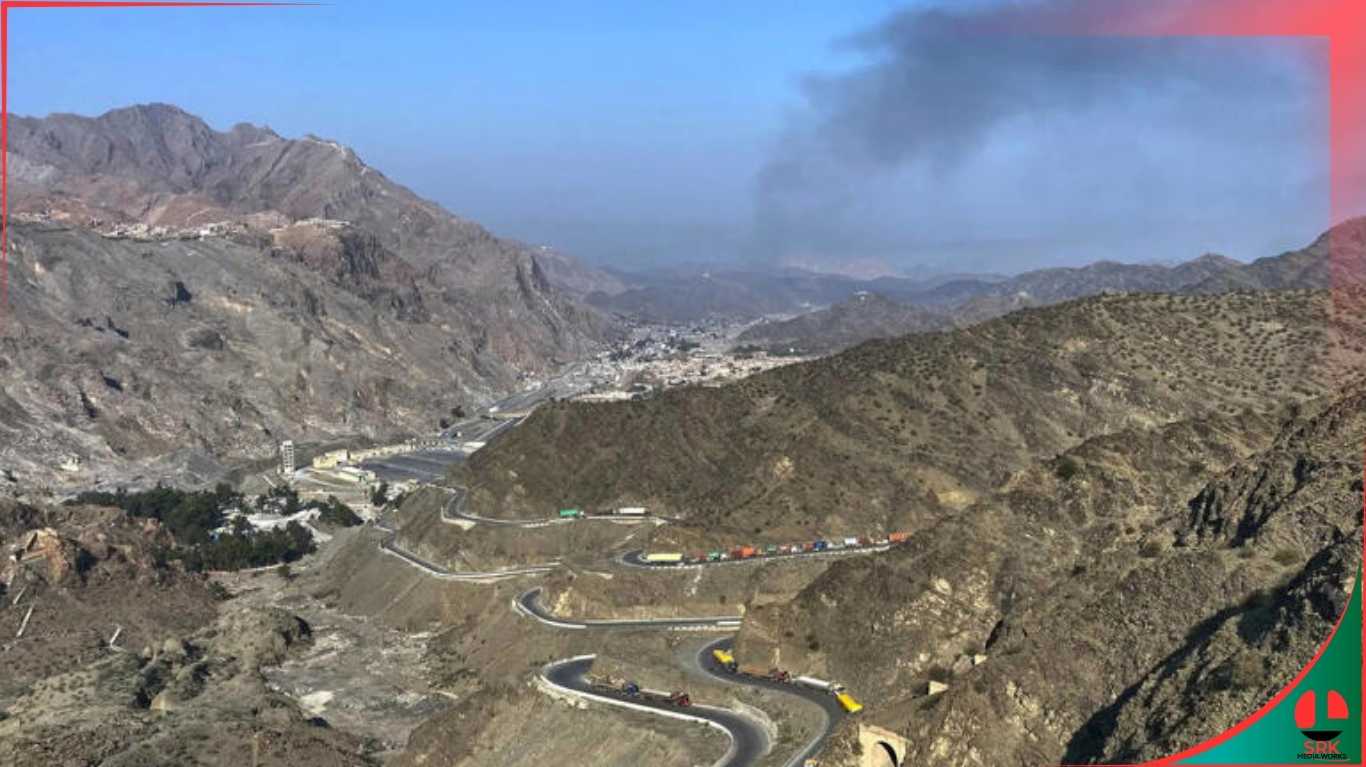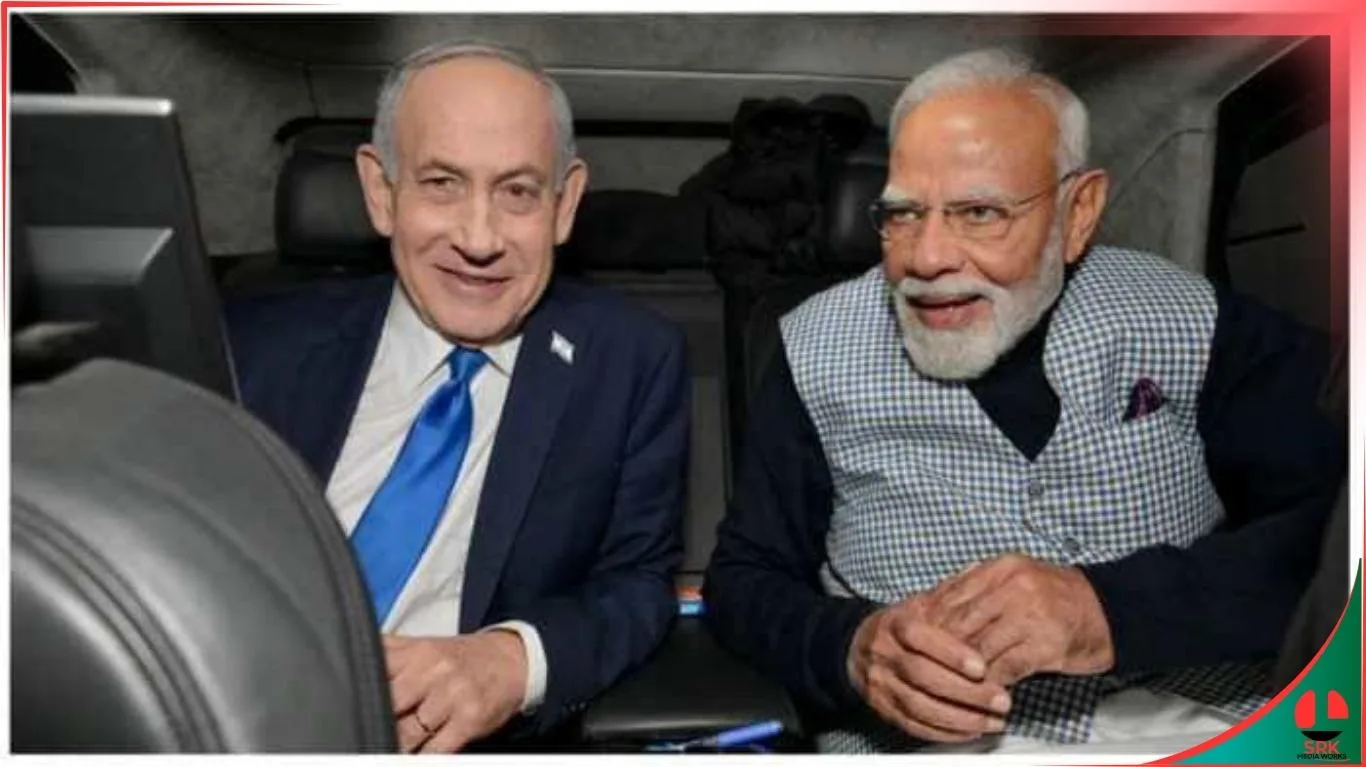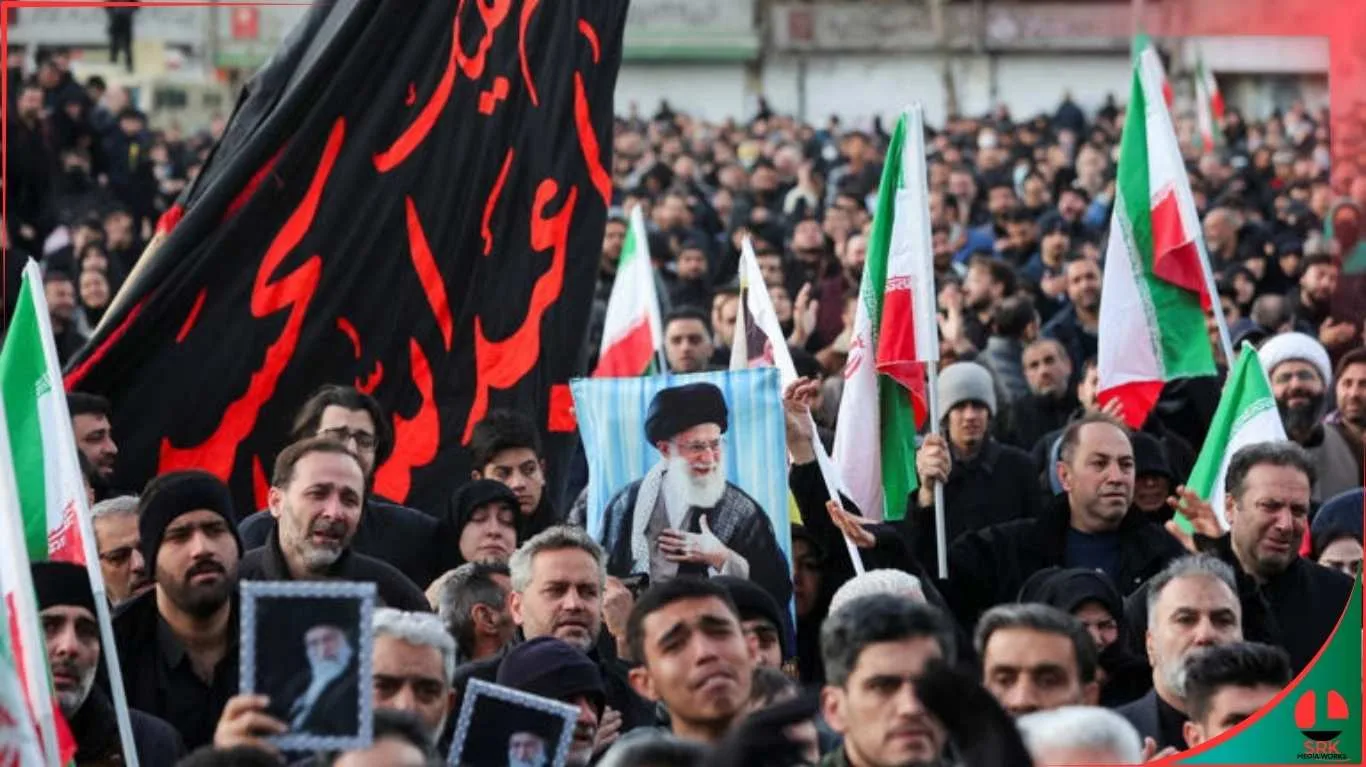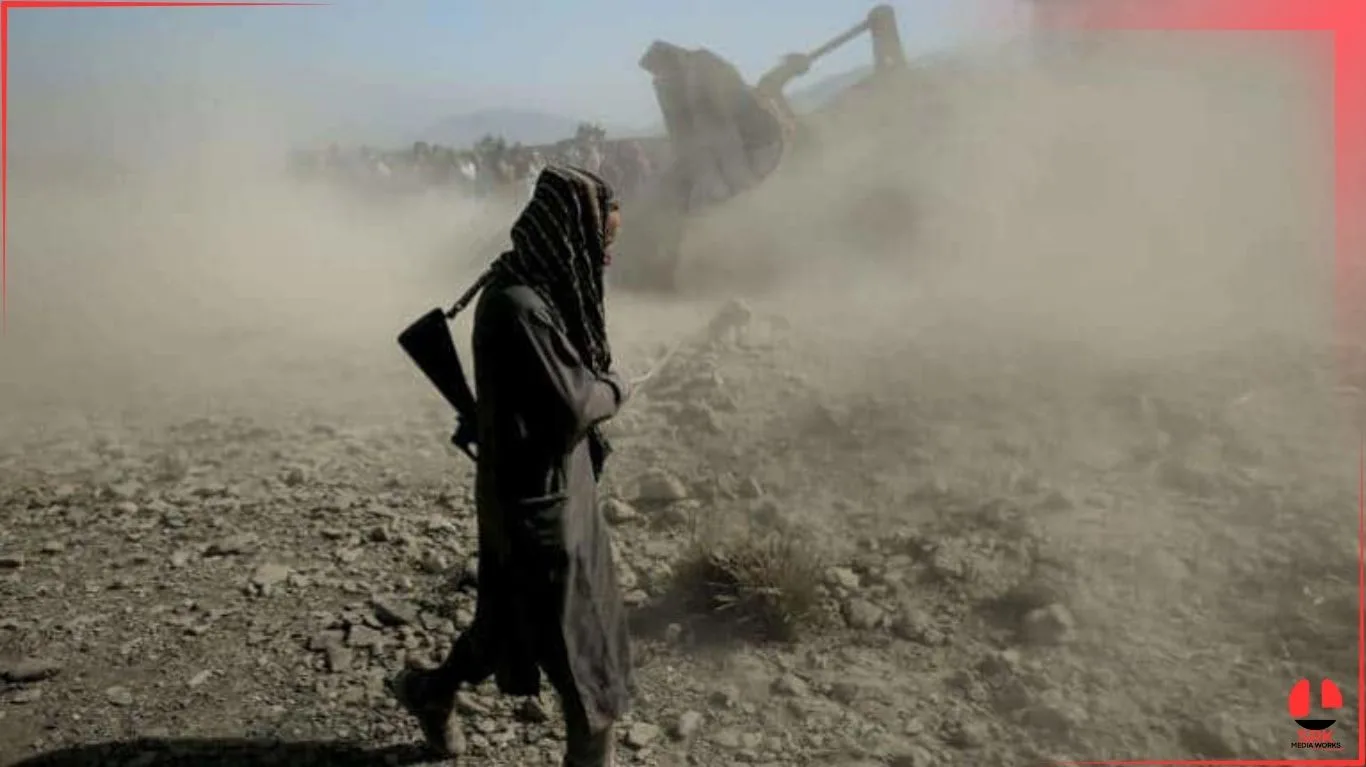Prime Minister Narendra Modi, addressing the India-Ghana Business and Strategic Dialogue in Accra on Wednesday, asserted that the post-World War II global order is undergoing rapid transformation and urged for “credible and inclusive reforms” in global governance institutions to reflect contemporary realities.
Key Highlights of PM Modi’s Address
Speaking to a gathering of African leaders, Indian diaspora, business delegates, and students at the University of Ghana, PM Modi outlined his vision for a restructured international order rooted in fairness, equity, and multipolarity.
- Changing Global Order:
PM Modi stated: “The world order created after the Second World War is changing rapidly. New powers are emerging, economic and strategic equations are shifting. But global institutions remain outdated and unrepresentative.” - Call for UN Reforms:
He reiterated India’s longstanding demand for reforms in the United Nations Security Council (UNSC) to make it more democratic and reflective of today’s geopolitical realities, saying: “If multilateral institutions do not reform themselves to include voices from Africa, Latin America, and Asia, they will lose credibility.” - India-Africa Solidarity:
Emphasising historical bonds, he said: “India has always stood with Africa in its development journey and will continue to be a trusted partner in the 21st century.”
Why Is PM Modi In Ghana?
PM Modi’s Ghana visit is part of his three-nation Africa outreach to strengthen diplomatic, economic, and cultural ties. The visit marks:
- First Indian PM visit to Ghana in over five decades.
- Launch of India-Ghana Strategic Partnership Framework covering defence, energy, digital transformation, and education.
- Inauguration of India-funded rural electrification projects worth $350 million in Eastern Ghana.
India-Ghana Trade and Investment Snapshot
| Year | Bilateral Trade Value | Indian Exports | Indian Imports |
|---|---|---|---|
| 2020-21 | $2.1 billion | Pharmaceuticals, machinery, vehicles | Gold, cocoa, cashew |
| 2021-22 | $2.6 billion | +24% growth | +18% growth |
| 2022-23 | $3.2 billion | Agro-chemicals, steel products | Timber, aluminium |
| 2023-24 | $3.8 billion | EV components, IT services | Minerals, cocoa |
PM Modi’s Vision for Global South
In his address, PM Modi emphasised that India and Africa must lead the fight for:
- Reformed multilateralism: Restructuring global institutions to ensure fair voice for the Global South.
- Sustainable development: Sharing low-cost Indian innovations in healthcare, clean energy, fintech, and digital governance.
- Counter-terrorism cooperation: Enhancing security frameworks to protect societies from new-age threats.
- Climate justice: Ensuring climate finance and technology transfers to developing nations.
India’s Africa Policy: Recent Initiatives
| Initiative | Sector | Beneficiary Countries | Impact |
|---|---|---|---|
| E-Vidya Bharati | Digital education | 21 African countries | 50,000 scholarships |
| E-Arogya Bharati | Telemedicine | 17 African countries | Remote diagnosis access |
| Defence Lines of Credit | Security | Ghana, Mozambique, Kenya | Coastal surveillance upgrades |
| Solar Mamas | Renewable energy | Tanzania, Kenya, Ghana | Trained over 2500 women solar engineers |
| Vaccine Maitri | Health diplomacy | 38 African countries | 2.4 crore Covid-19 doses supplied |
Reactions from Ghanaian Leaders
President Nana Akufo-Addo welcomed PM Modi’s call for a more inclusive world order, stating:
“Ghana supports India’s quest for a permanent seat at the UN Security Council. Africa’s voice has been marginalised for too long.”
Foreign Minister Shirley Ayorkor Botchwey added that Ghana seeks deeper collaboration with India in fintech and digital public infrastructure inspired by India’s UPI and Aadhaar models.
Indian Diaspora Engagement
At a packed diaspora event in Accra, PM Modi praised the 8,000-strong Indian community’s contribution to Ghana’s industries, health services, and education. He urged them to act as “cultural and economic bridges” between both nations.
African Union Membership at G20
PM Modi’s push for African representation in global governance culminated last year when the African Union was granted permanent membership at G20 during India’s presidency, marking a diplomatic victory for India-Africa solidarity.
Expert Reactions
- Harsh V Pant, ORF:
“PM Modi’s remarks indicate India’s sharper positioning as a voice of the Global South, challenging Western-dominated institutions.” - Elizabeth Afoley Quaye, Ghana India Business Chamber:
“Indian investments in manufacturing, renewable energy, and healthcare will drive Ghana’s Vision 2030 goals.”
Social Media Trends
Following his speech, hashtags such as #ModiInGhana, #GlobalSouthLeadership, and #UNSCReformsNow trended on Indian and African Twitter.
Users praised PM Modi’s clarity and confidence:
“Finally a leader calling out global institutional hypocrisy.”
“India’s push for UNSC reforms resonates with Africa and Latin America.”
Upcoming MoUs During The Visit
| Sector | Project | Estimated Value |
|---|---|---|
| Defence | Ghana coastal surveillance radars | $180 million |
| Health | Setting up telemedicine hubs | $45 million |
| Digital | UPI-based payment systems | Pilot phase |
| Energy | Joint solar mini-grid projects | $120 million |
| Education | IIT Africa Centre in Accra | $30 million |
Conclusion
PM Modi’s Ghana visit is significant not just for bilateral relations but for India’s broader diplomatic goal of becoming the voice of emerging economies demanding fairer global governance. His assertion that the “post-World War II order is outdated” reflects New Delhi’s ambition to build a multipolar, inclusive world order where developing nations are partners in decision-making, not merely recipients of policies shaped elsewhere.
As Africa’s economic and strategic importance grows, India’s proactive engagement combined with a call for credible institutional reforms positions it as a natural ally for nations seeking dignity, fairness, and equity in the evolving global arena.
Disclaimer: This news report is based on official addresses, diplomatic statements, and industry analyses. It does not constitute foreign policy or investment advice.

